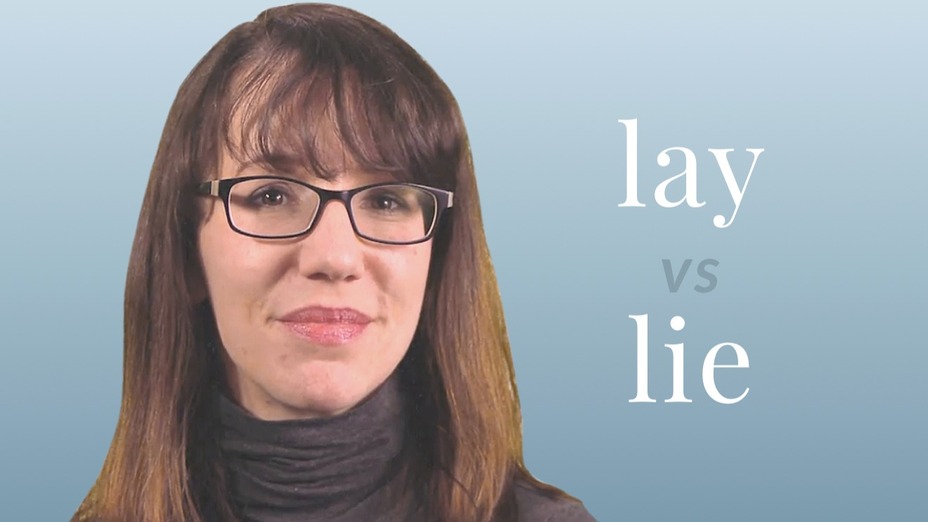intransitive verb
1
b
: to assume a horizontal position
—often used with down
c
archaic
: to reside temporarily : stay for the night : lodge
d
: to have sexual intercourse
—used with with
e
: to remain inactive (as in concealment)
2
: to be in a helpless or defenseless state
the town lay at the mercy of the invaders
3
of an inanimate thing
: to be or remain in a flat or horizontal position upon a broad support
4
: to have direction : extend
the route lay to the west
5
a
: to occupy a certain relative place or position
b
: to have a place in relation to something else
the real reason lies deeper
c
: to have an effect through mere presence, weight, or relative position
remorse lay heavily on him
d
: to be sustainable or admissible
7
a
: to have place : exist
the choice lay between fighting or surrendering
b
: consist, belong
the success of the book lies in its direct style responsibility lay with the adults
8
: remain
especially
: to remain unused, unsought, or uncared for
2
: the position or situation in which something lies (see lie entry 1)
a golf ball in a difficult lie
4
British
: an act or instance of lying or resting
intransitive verb
1
: to make an untrue statement with intent to deceive
She was lying when she said she didn't break the vase. He lied about his past experience.
2
: to create a false or misleading impression
Statistics sometimes lie.
transitive verb
: to bring about by telling lies
He lied his way out of trouble.
1
a
: an assertion of something known or believed by the speaker or writer to be untrue with intent to deceive
He told a lie to avoid punishment.
b
: an untrue or inaccurate statement that may or may not be believed true by the speaker or writer
the lies we tell ourselves to feel better historical records containing numerous lies
2
: something that misleads or deceives
His show of remorse was a lie.
Subscribe to America's largest dictionary and get thousands more definitions and advanced search—ad free!
Merriam-Webster unabridged













Share